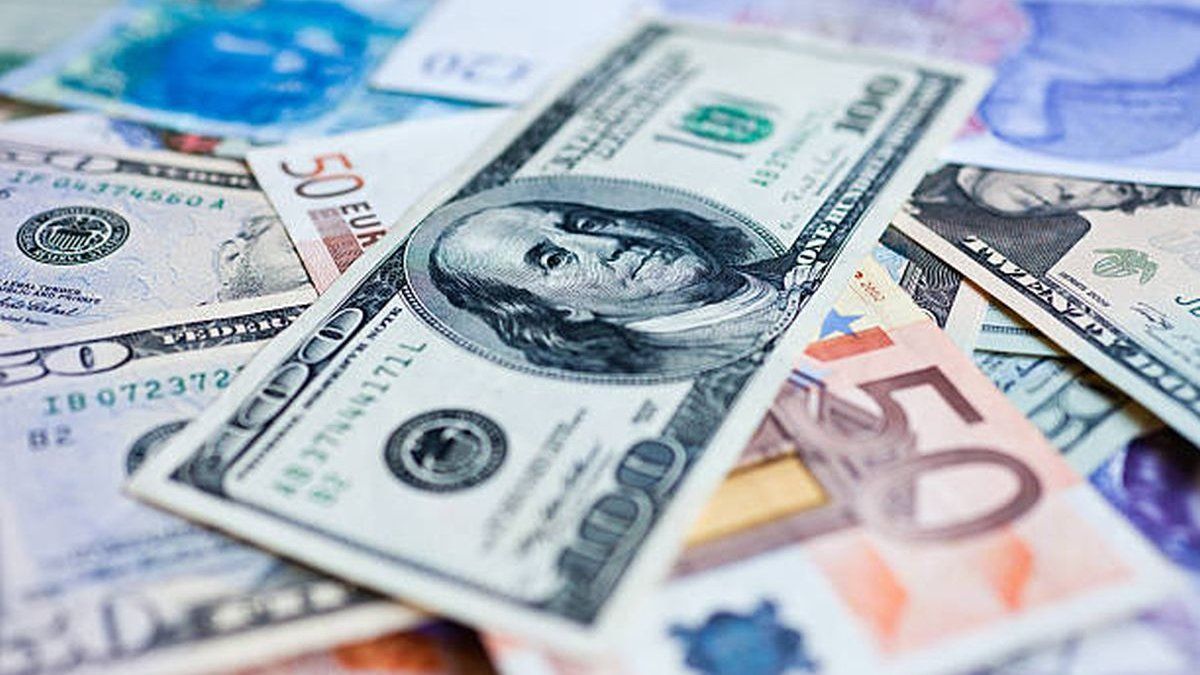fear of new interest rate increases that lead to a recession were the main component, validated by the expectation of economists polled by Reuters that they expect the Fed to raise the interest rate by three quarters of a percentage point again for a fourth consecutive meeting in November. They also predicted that in December the rise will be 50 basis points until closing the year at 4.25%-4.50%.
Thus, the other currencies that had started the day lower are recovering. In particular, the pound fell due to the announcement of tax cuts in the United Kingdom.
The Treasury bond American grew 4% for the first time since 2010, waiting for a new rise in interest rates by the United States Federal Reservewhich adjusted it last September 21 to the range of 3% to 3.25%. Given the persistence of inflation, it is expected that there will be new rises. The 10-year bond yield reached 4% and the 2-year bond, 4.3%.
The increase in interest rates reignited recession fears and attracted interest to the countries’ sovereign bonds. “It’s a combination of the knock-on effect from the UK, where sovereign bond yields have spiked. And that’s spilled over into other discount spread bond markets, so there’s a bit of a rebound effect,” said Moh Siong Simcurrency strategist at the Bank of Singapore, in dialogue with Reuters.
In parallel, the other currencies also show their own dynamics: the yuan fell to its lowest levels in 14 years and fell against the dollar, which is positioned 0.31% to 7.0226, after opening the wheel with a rise of 0.8% and touching 7.2354. The Chinese Central Bank has asked banks to return to the currency peg mechanism they had abandoned two years ago.
The British pound reversed course and rose against the dollar on Wednesday, following the Bank of England’s (BOE) purchase of government bonds, which allowed the dollar’s gains to broadly fade after hitting a new 20-year high.
The BoE said it received bids worth 2.587 billion pounds ($2.78 billion) in its first bond buyback aimed at stabilizing the market, and had accepted just 1.025 billion pounds. The central bank had pledged to buy as many long-term government bonds, known as gilts, as needed between Wednesday and October 14.
As the markets tried to understand what this meant for the pound, the currency went on a rollercoaster ride during the trading session on Wednesday, rising as high as $1.09165 and falling as low as $1.05390. It finally traded up 1.51% at $1.08921.
The BoE intervention boosted currency trading across the board, according to Erik Nelson, macro strategist at Wells Fargo.
But the relief for the British pound may be temporary as the UK still has to deal with macro trends such as high inflation.
Investors have also been monitoring Russia’s war against Ukraine and energy uncertainty in Europe after leaks in the Nord Stream pipeline between Russia and Europe dumped gas into the Baltic Sea, according to Brad Bechtel, global head of FX at Jefferies. In New York. NATO Secretary General Jens Stoltenberg attributed the leaks to acts of sabotage.
Source: Ambito
David William is a talented author who has made a name for himself in the world of writing. He is a professional author who writes on a wide range of topics, from general interest to opinion news. David is currently working as a writer at 24 hours worlds where he brings his unique perspective and in-depth research to his articles, making them both informative and engaging.




